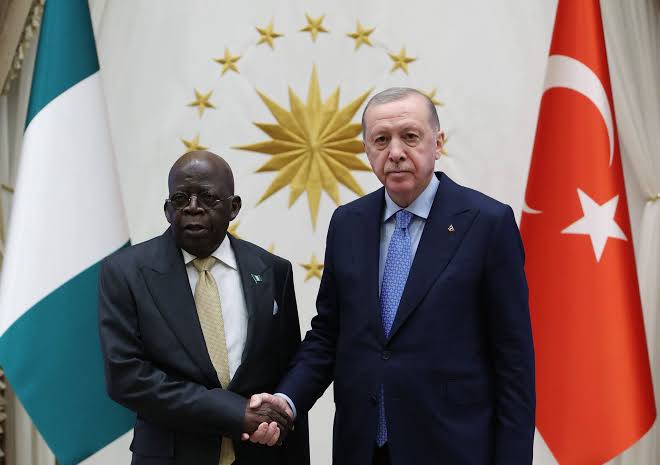The Organisation of Petroleum Exporting Countries crude production decreased by 120,000 barrels per day in the previous month, reaching 27.05 million barrels daily.
The United Arab Emirates contributed the most to this decline as it intensified its supply cutbacks to support global oil prices.
While Libya and Nigeria saw small increases in production, these were balanced out by similar reductions in Iran and Kuwait.
OPEC and its allies, under Saudi Arabia’s leadership, have been limiting crude output in recent years to support oil prices amid weak demand and abundant U.S. supplies.
Last month, the coalition decided to extend the halt in production, further delaying any plans to boost output.
Not all members of the alliance have fully complied with their promised production cuts. While OPEC’s data suggests Abu Dhabi is sticking to its quota, other estimates, including Bloomberg’s survey, indicate that the UAE is one of the countries exceeding its production targets.
The UAE’s December reduction may signal an effort for stricter discipline. Oil exports were cut to an 18-month low, according to tanker tracking data from Bloomberg.
Additionally, state-run Adnoc is reducing crude oil allocations for some Asian customers in January and February, as reported by companies with contracts to receive the shipments.








